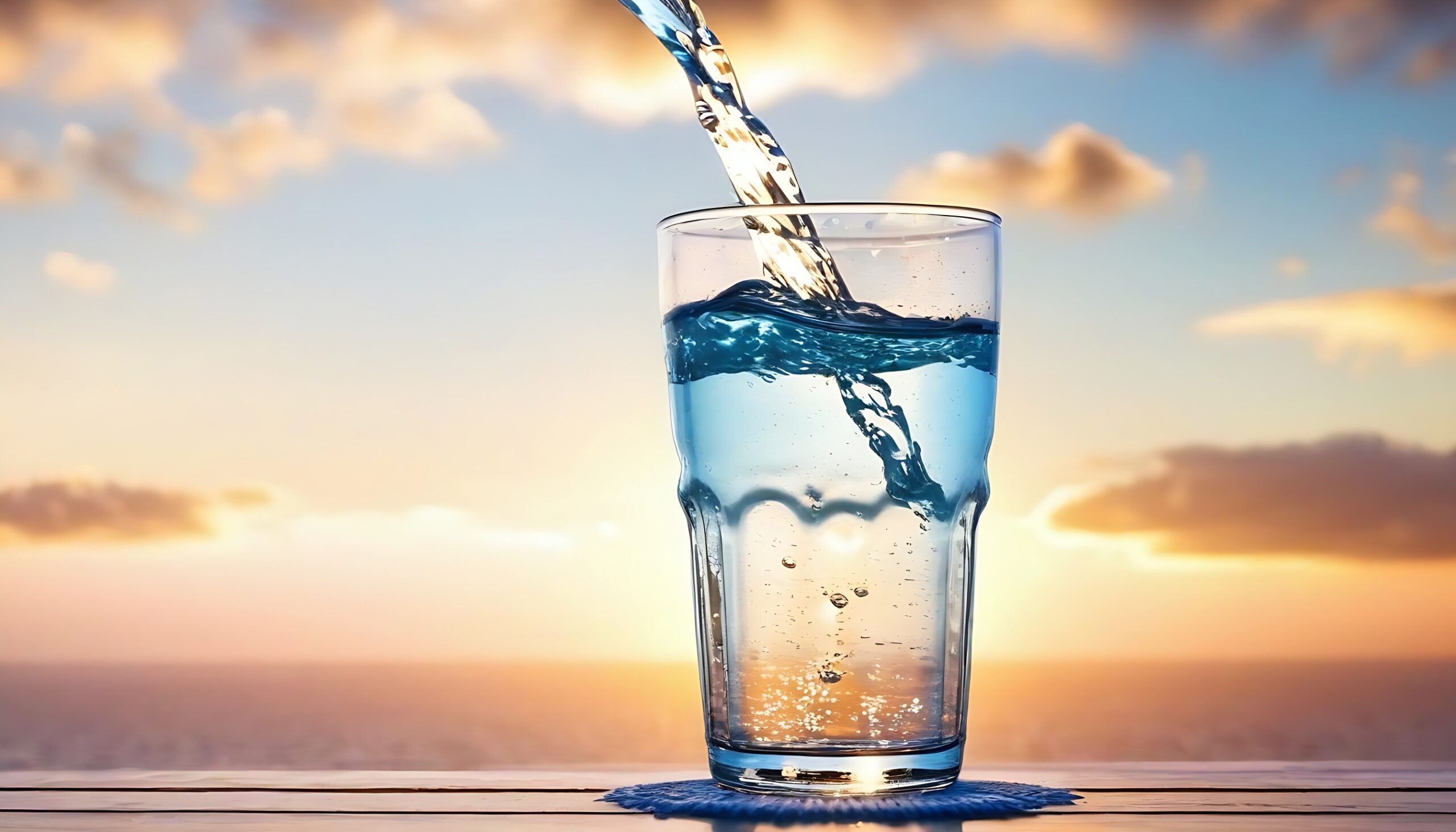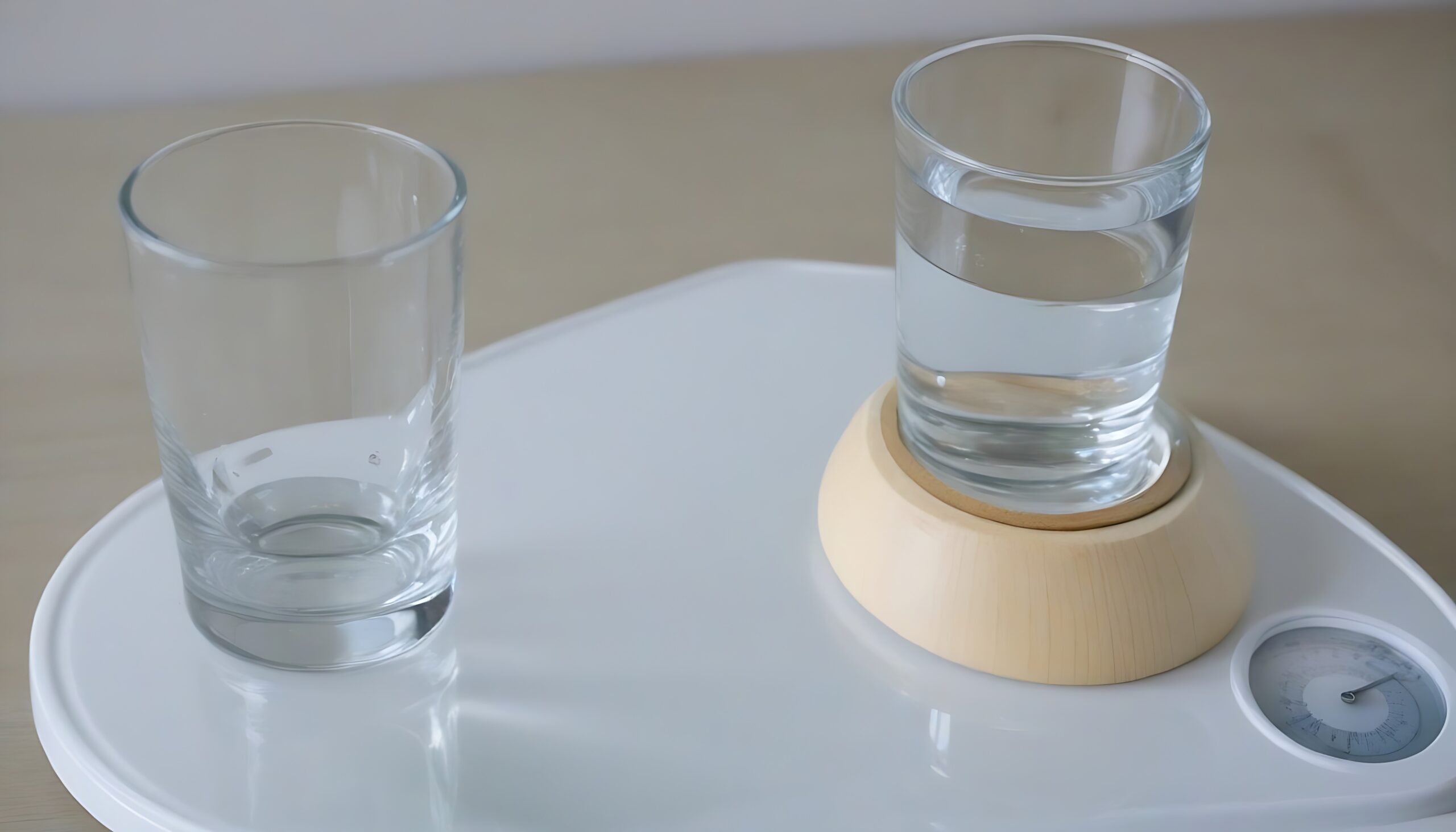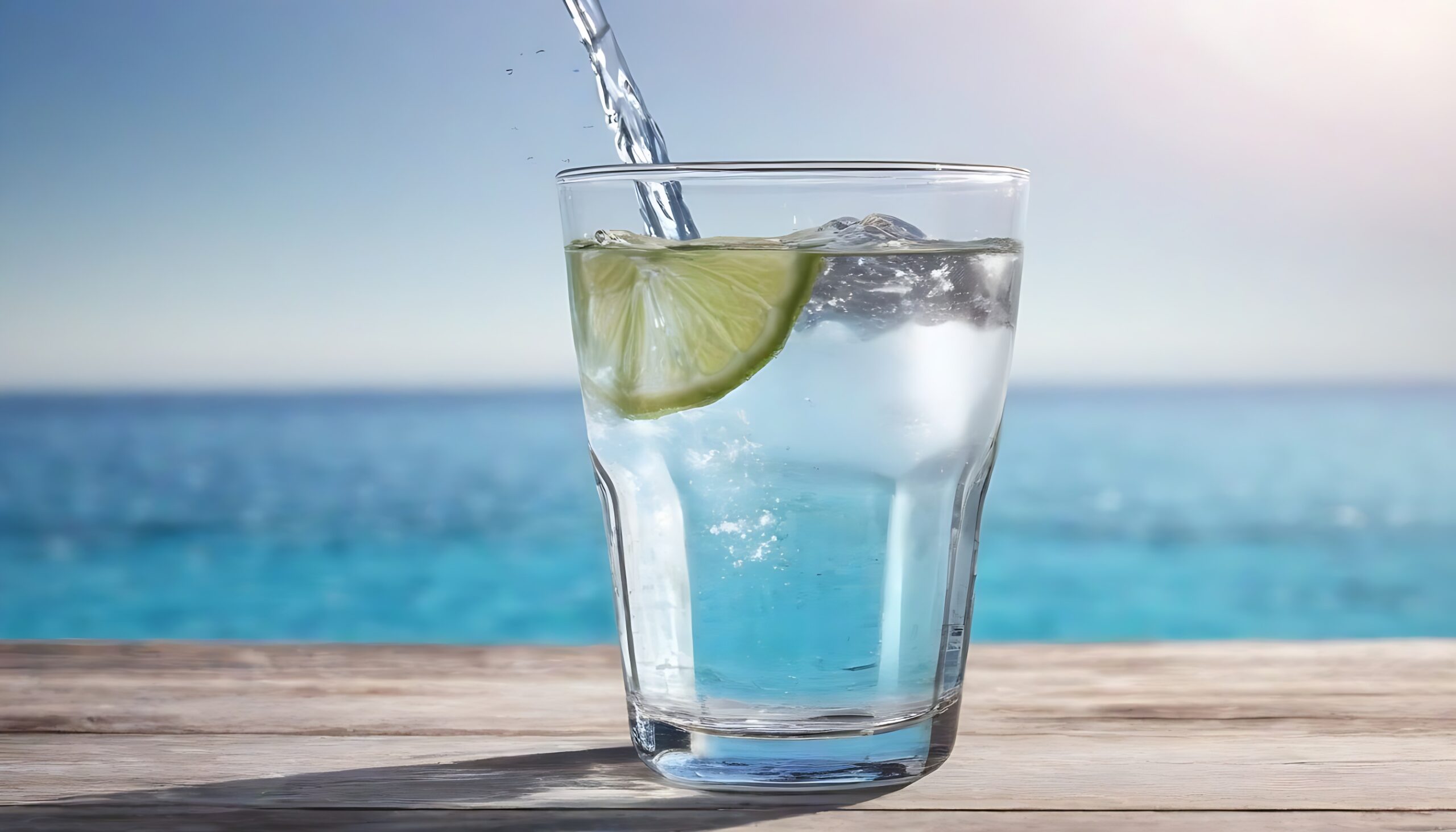A water fasting food plan includes abstaining from all meals and caloric drinks for a specified length whilst consuming only water. Water fasting is a form of voluntary food deprivation that has been practiced for achievable health benefits, detoxification, weight loss, and in some cases spiritual or religious purposes. However, it is obligatory to make a strategy before going for water fasting, with warning and beneath the guidance of a healthcare professional due to doable risks and complications.
How water fasting works:
Duration: Water fasts can range in duration. Some humans pick shorter fasts, such as a 24-hour fast, and some decide for longer fasts, ranging from countless days to a number of weeks. Although, extended fasts need to only be done under proper medical supervision.
Types of Water Fasting:
Pure Water Fasting: Involves ingesting only water besides any additional substances.
Modified Water Fasting: May include certain non-caloric beverages, such as natural tea or black coffee, and sometimes supplements.

Potential Benefits of Water Fasting:
Autophagy: Some studies propose that fasting can also stimulate autophagy, a mobile recycling system that might also have health benefits.
Weight Loss: Water fasting is very much applied due to weight loss. Because it helps in the reduction of caloric consumption and as a result, body consume the stored energy.
Improved Insulin Sensitivity: Fasting may additionally enhance insulin sensitivity and glucose regulation in some individuals.
Risks and Considerations:
Nutrient Deficiency: Prolonged water fasting can lead to nutrient deficiencies. Because imperative nutritional vitamins and minerals are not consumed during the fast.
Electrolyte Imbalance: Lengthy fasting can lead to electrolyte imbalances, which can be deleterious for human body.
Compromised Immune Function: Fasting for extended periods can also weaken the immune system.
Potential for Rebound Overeating: Some men and women may over-eat or make unhealthy meals options after a tough long fast.
Medical Supervision:
When a fast went into a day or two, then it becomes imperative to perform that fast under the supervision of a healthcare professional. They can screen workable risks and guide about the risks associated with fast due to its long duration and terrific method. Because water fasting is not suitable for everyone, and positive populations, such as pregnant or breastfeeding women, anyone with ingesting disorders, or those with sure clinical conditions, need to avoid it.
How to do water fasting?
Water fasting should be done with caution, and it is really useful to seek advice from with a medical expert before attempting an extended fast. Furthermore, Long water fasting can have risks, and it’s critical to prioritize safety and well-being. If you’re thinking about water fasting, then right here are some helpful guidelines:
Short-Term Water Fasting (24 to 72 hours):
Prepare Mentally:
Understand the achievable dangers and benefits of water fasting. And set sensible targets for the length and duration of your fast.
Stay Hydrated:
Drink enough quantity of water at different stages in the day to continue to be hydrated. Moreover, consider including electrolytes if you’re quick extends beyond 24 hours.
Avoid Caloric Beverages:
Strict water fasting involves abstaining from caloric beverages, including coffee, tea, and other drinks with calories.
Listen to Your Body:
Always pay attention to your body’s indicators and end the quick if your journey severe discomfort, dizziness, or other fatal symptoms.
Breaking the Fast:
When ending a temporary fast, think about breaking it with easily digestible foods, such as fruits, vegetables, or a small meal.
Extended Water Fasting (Beyond 72 hours):
Medical Supervision:
Consult with a healthcare professional before attempting an extended water fast, specially if you have any pre-existing health conditions.
Gradual Transition:
Consider progressively lowering meals intake in the days leading up to the quickly to ease into the process.
Rest and Reduce Physical Activity:
Allow yourself more time for relaxation and minimize strenuous bodily pastime during an extended water fast.
Regular Monitoring:
Regularly display vital signs, such as blood pressure, and consult with a healthcare expert at some stage in the fast.
Breaking the Fast:
When ending a prolonged fast, it is indispensable to reintroduce meals gradually. Start with small, without difficulty digestible meals and slowly resume an everyday ingesting pattern.
Post-Fasting Care:
Pay attention to your body’s response after the fast, and be aware of workable re-feeding issues. If you ride digestive soreness or different concerns, seek clinical advice.

Important Considerations:
Individual Variability: Responses to fasting fluctuate among individuals. What works for one man or woman may not be suitable for another.
Medical Circumstances: Individuals with positive clinical conditions, such as diabetes, heart issues, or a records of eating disorders, need to keep away from water fasting without clinical supervision.
Hydration: Adequate water consumption is crucial, however excessive water consumption can lead to electrolyte imbalances. That is why it is said that Moderation is the key.
Professional Guidance: For prolonged fasts, it’s strongly endorsed to have expert supervision to make certain safety and screen for doable complications.
Health should always be prioritized before planning water fasting, along with professional advice from experts or a dietitian to ensure its upshots in a fantastic circumstances and personalized way.












+ There are no comments
Add yours